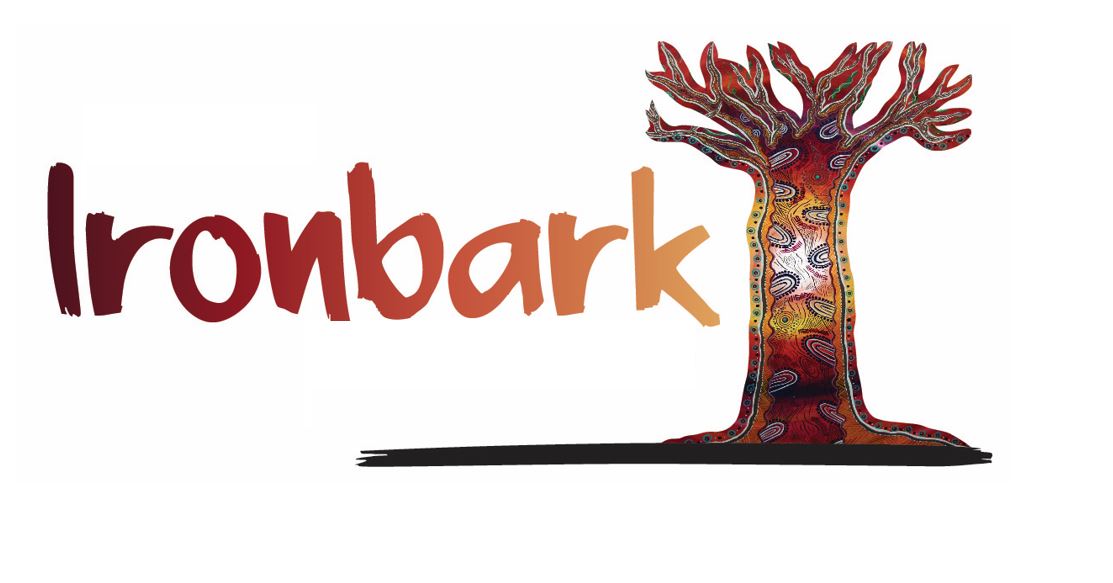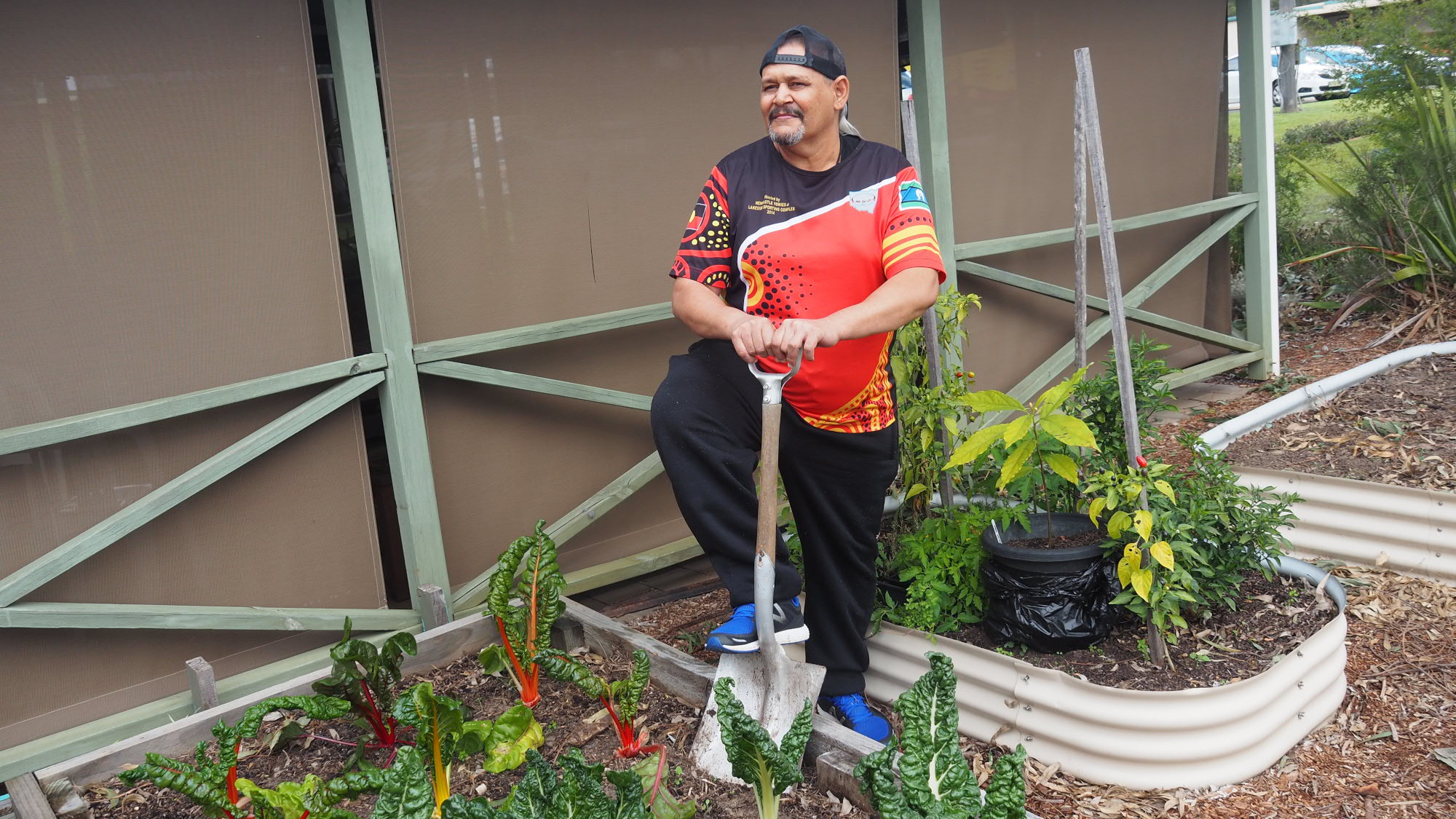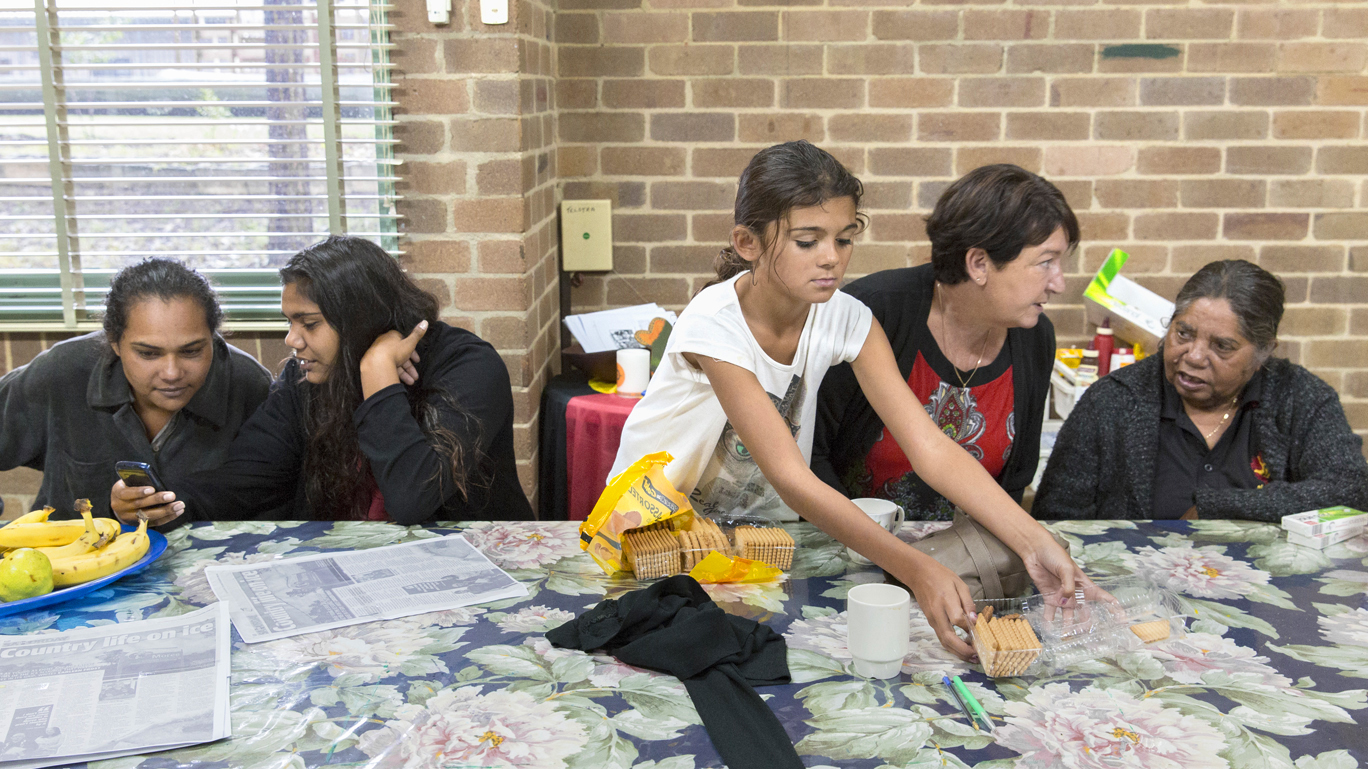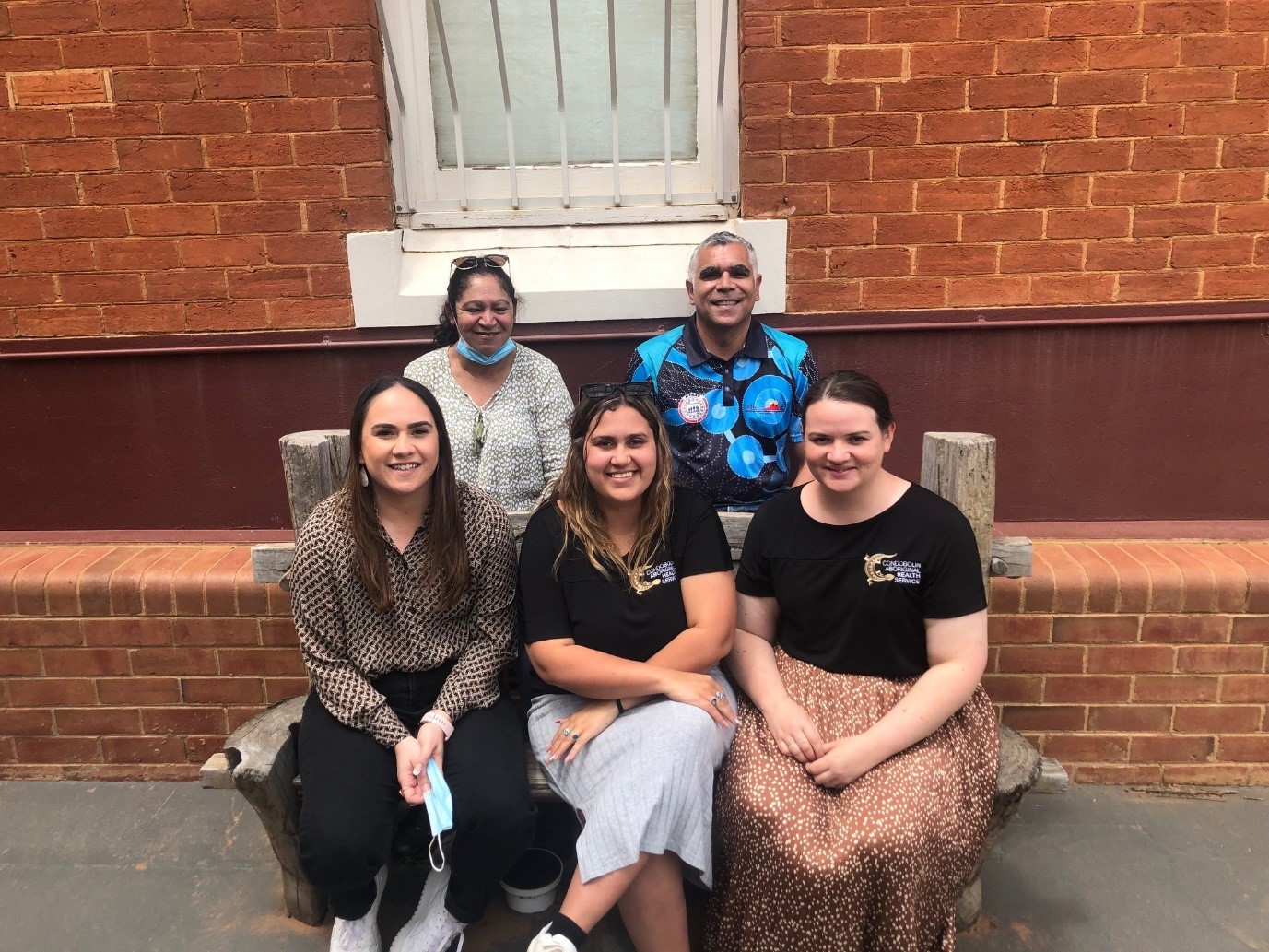Here are some links to our research:
-
Coombes J, Lukaszyk C, Keay L, Tiedemann A, Sherrington C, Ivers R. First Nation Elders Perspectives on Healthy Aging in NSW, Australia. ANZJPH, under review.
- Lukaszyk C, Coombes J, Sherrington C, et al. The Ironbark Program: Implementation and impact of a community-based fall prevention pilot program for older Aboriginal and Torres Strait Islander people. Health Promot J Austral. 2017;00:1–10.
- Lukaszyk C, Coombes J, Turner NJ, Hillmann E, Keay L, Sherrington C, Tiedemann A, Ivers R. Yarning about fall prevention: community consultation to discuss falls and appropriate approaches to fall prevention with older Aboriginal and Torres Strait Islander people. BMC Public Health, 2016
- Lukaszyk C, Harvey L, Sherrington C, Close JCT, Coombes J, Mitchell R, Moore R, Ivers R. Fall-related hospitalisations of older Aboriginal and Torres Strait Islander people and other Australians. The Medical Journal of Australia, 2017; 207 (1):31-5 doi: 10.5694/mja16.01173
- Lukaszyk C, Radford K, Delbaere K, Ivers R, Rogers K, Sherrington C, Tiedemann A, Coombes J, Daylight G, Draper B, Broe T. Risk factors for falls among older Aboriginal and Torres Strait Islander people in urban and regional communities. Australasian Journal on Ageing, 2017. lander people. BMC Public Health, 2016.
- Lukaszyk C, Coombes J, Keay L, Sherrington C, Tiedemann A, Broe T, Lovitt L, Ivers R. Investigating the availability and acceptability of existing fall prevention services for older Aboriginal people: a mixed methods study. Public Health Research December 2016; Vol. 26(5):e2651659.
- Lukasyzk C, Sherrington C, Harvey L, Keay L, Tiedemann A, Coombes J, Ivers R. Risk factors, incidence, consequences and prevention strategies for falls and fall-injury within older indigenous populations: a systematic review. ANZJ Pub Health 2016 40(6):564-568)
- Ivers R, Coombes J, Sherrington C, Mackean T, Tiedeman A, Hill AM, Keay L, Clemson L, Simpson J, Ryder C, Macniven R, Clapham K. Healthy ageing among older Aboriginal people: The Ironbark study protocol for a cluster randomised control trial. Injury Prevention 2020 26 (6):581-587
- Macniven R, Coombes J, Wilson R, Simon A, Mackean T, Hunter C, Ma T, Gwynn J, Sherrington C, Hill AM, Delbaere K, Lewis C, Bennett-Brook K, Howie A, Stewart G, Shakespeare M, Rogers K, Ivers R. Understanding implementation factors and participant experiences of cluster randomised controlled trial to prevent falls among older Aboriginal people: a process evaluation. Injury Prevention 2021
- Macniven R, Simon A, Wilson R, Howie A, Stewart G, Ma T, Turner NJ, Cairnduff S, Coombes J. Ironbark: Developing a healthy community program for older Aboriginal people. Health Promotion Journal of Australia 2022



